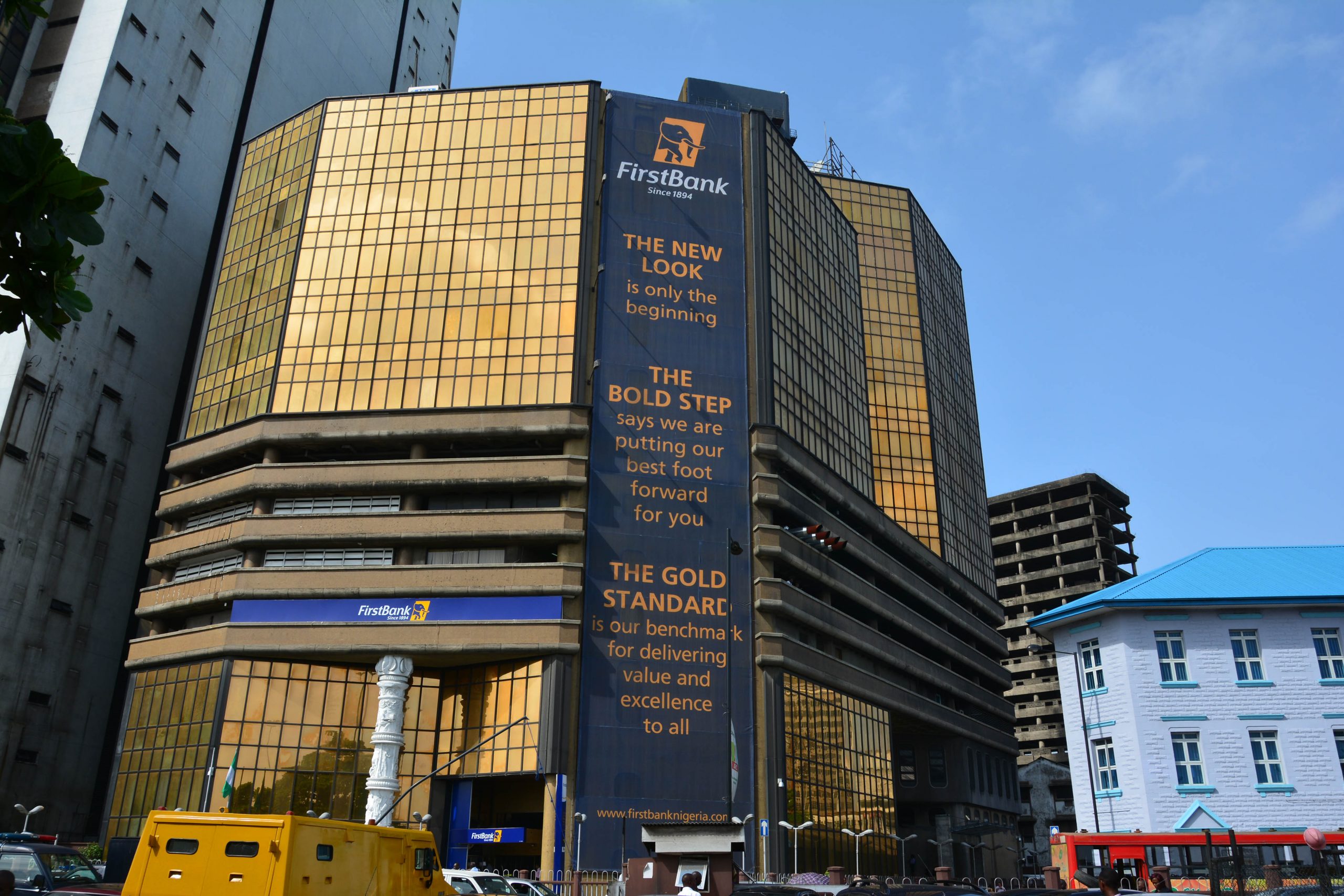By Zion Rufus
While a socio-economic crisis stemming from COVID, social unrest, and the economic impact of various regional crises has emerged as a major challenge influencing economies worldwide, Nigeria’s consumption-driven economy has also been pinned as a major contributor to its dwindling economic growth.
As the risk of a recession looms over the global economy and Nigerians continue to grapple with severe inflationary pressures, witnessing the worst price hikes in a 25-year history and a significant decline in purchasing power, MARKETING EDGE reached out to Lanre Basamta, a seasoned financial expert, to shed more light on the current economic crisis and how Nigerians can navigate these volatile economic times.
Highlighting reduced forex earnings due to decreased oil production, insecurity impacting food production, and the recent Naira devaluation as huge contributors to the nation’s current economic challenges, Basamta observed specific indicators and economic factors responsible for inflationary pressures.
He said, “I think the first issue was the hibernation from COVID. Many countries printed money to calm citizens during the pandemic, creating inflation. The continuous circulation of money, without corresponding production, led to people spending on NFTs and Bitcoins. While some smartly invested, many lost money.”
“In Nigeria, the economy has been consumption-driven for the last eight years. The previous administration propped up the Naira by depleting foreign reserves to counter market forces, driven by a socialist agenda. Nigeria’s reduced forex earnings, primarily from crude oil, have negatively impacted the economy. Regional conflicts have increased oil prices, but Nigeria hasn’t benefited due to decreased production from internal issues. The 250% growth in importation costs has impacted transportation, while insecurity in the north, the country’s food basket, affects food prices.”
“Food inflation from accelerating transport costs and security issues is also a significant challenge. Monetary and economic policies are yet to yield positive dividends. The recent Naira devaluation, weakening Nigeria’s capability for imports in an import-dependent economy, has worsened the situation,” Basamta stated, adding that the new government’s policies, lacking stability and coherence, have also contributed to making it one of the most challenging times in the last two decades.
In addition to these negative macroeconomic indicators, Nigeria’s best and brightest continue to leave, and the country struggles with low production and inadequate power output.
Meanwhile, as global production gradually catches up, multiple regional conflicts, including the Ukraine-Russia crisis, disrupt agricultural and energy chains globally, painting a stark picture of a world facing a choice between producing firearms or food—a consequence of regional conflicts interfering with essential value chains.
About a week ago, Japan and the UK slipped into recessions, joining Finland and Ireland, reporting two consecutive negative quarters of gross domestic product (GDP) – meeting the widely accepted definition of a recession. Despite population and wage growth in the UK, the economy couldn’t avert a decline in consumer spending, a pivotal driver.
The UK has declared its economy in a recession, and the US experienced a drop in inflation to 3.1% in January 2024. According to the US Congressional Budget Office (CBO), US inflation is expected to further decrease to 2.1% in 2024. Geopolitical factors and weather events also pose additional risks to global inflation.
Speaking on how Nigerians can navigate this crisis, Basamta advocates for a conscious slowdown on needless expenses, sketchy investments, and show-offs, emphasizing the importance of prioritizing health, feeding, and transportation while reevaluating lifestyles.
He advises, “Cut back on unnecessary spending, reconsider dubious investments, and refrain from showcasing non-value-adding assets. While some may be tempted to make big purchases like vehicles or plan extravagant vacations, it’s crucial to recognize the need for financial prudence.”
Amidst exorbitant flight ticket prices, Basamta also buttressed the need to prioritize essentials and adopt a proactive lifestyle, incorporating exercise to mitigate unnecessary health expenses.
Furthermore, he encouraged exploring sustainable alternatives like carpooling and eco-friendly power sources like solar to minimize reliance on generators.
“Some individuals are even contemplating purchasing electric bikes or motorcycles to cut down on fuel costs. Embrace the opportunity to cultivate new habits and adapt to the evolving landscape ahead. Changing certain behaviors and adopting fresh practices will better position us for the challenges and opportunities that lie ahead,” he added.






Comment
No comments found.